I’m not here to talk about scientific data with you. As always, I’m here to write about life, connection, happiness and finding a life path that makes your heart sing. But to find joy and love in each day, having a safe place to call home is a must. And by home, I mean your house, your neighborhood, your country, and our planet. And unfortunately, I think that the standard way of living isn’t only making us sad and disconnected, but is also destroying the planet, a place we all call home. It’s time we unite to save the planet, our communal home.
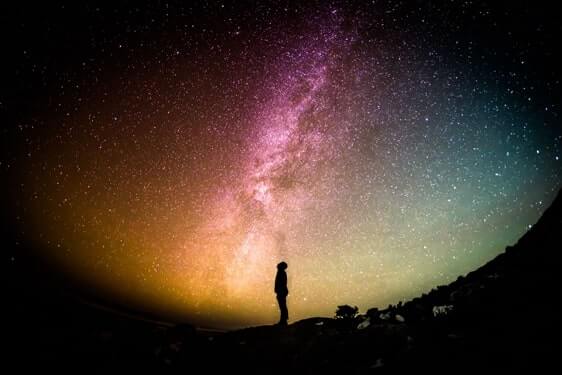
The selfishness of complacency
The other day I was talking with my mom on the phone. And as we often do, we were talking about growth, personal development and the importance of taking responsibility for your life if you’re going to create a life path that is custom made for you.
And she said to me, “Ya but Jo, not everyone is interested in reaching for the stars. Some people are ok with living with as little fuss, conflict or struggle as possible”.
You know, just living life to get by each day instead of living the life of their dreams.
And although I can appreciate that we all have paths, dreams, goals, ambition, and ideas of what makes a life worth living, something about this conversation left me feeling uneasy.
This conversation buzzed around my head for a few days before I realized why.
We are all connected. You, me, the guy sitting next to you on the metro, the flower in the park, the birds in the trees and even that weirdo fish that has a lamp on its head thousands of feet below sea level.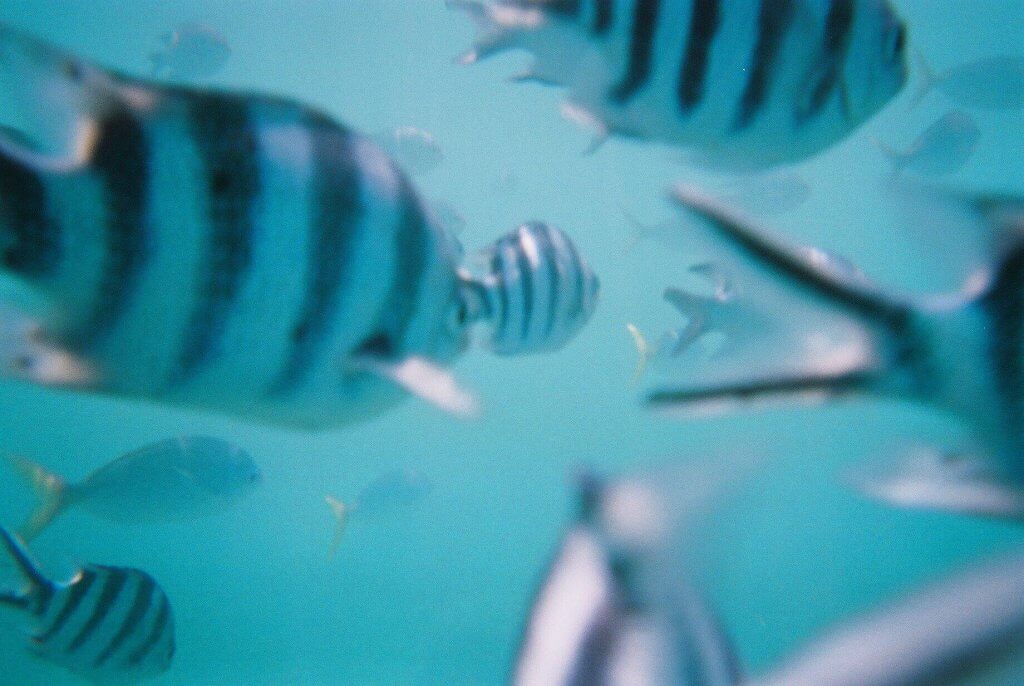
The way I live my life affects the people close to me, but also has knock-off effects that can be felt around the world. The butterfly effect of someone’s pessimism or unconscious consumption habit doesn’t only have a negative impact on that person’s life but impacts the lives of people and beings around the world.
I know saving the world might seem far-fetched but stay with me here while I explain what I mean.
How buying another shirt affects that weird fish
I’m going to use the example of consumerism to explain my idea for two reasons:
- Because I think consumerism is one of the most destructive habits (internally and externally) that has because normalized in our society.
- Its impact is the easiest to see.
Shopping regularly to keep up with constantly changing fashion trends might seem innocent enough, but unfortunately, it isn’t.

People’s unconscious shopping habits not only impact their lives by filling their closets and mind space with useless crap to distract them, but is also one of the drastic ways that we destroying our planet and tones of the living beings on it.
Our world is big. Unless you’ve taken some time to wander around it a bit and befriend people from extremely different contexts than you, it can be easy to ignore how buying all those shirts you’ll never wear can affect so many fellow planet-mates. But it does. Here are just a few people it might affect.
- The ladies and children who work in the factories of Sri Lanka, China, India, Bangladesh, etc. where these cheap clothes are produced are usually paid peanuts1. They are overworked and the conditions of their workplaces are horrible. But they put up with it because they see no other way of making a living to feed their children. All these low costs production standards so that you can buy that T-shirt for less than 5$.
- The lives of the farmers from underdeveloped countries who are forced to cheaply sell their land to massive multi-national super companies are forever changed once they no longer have the space to grow the produce to feed their families.2
- The textile workers in Kenya who used to produce handmade garments to sell the community. They no longer have a market because “organizations” now bring truckloads of second-hand clothes (that has often been worn once or never) from rich nations to “give to the needy”. 3
But not only that, the animals and plants are affected by these habits too.
- That fish at the bottom of the ocean must make sure that it avoids the truckloads of garbage that is thrown into the ocean every year. Entire garbage islands must be detoured to make sure not to die from plastic ingestion or getting caught in a plastic wrap. 4
- The plants are affected because the water they consume is made toxic due to all the trash from the landfills or contaminates brought into the water from the cheap clothing production from the factory up the river stream.
- Entire forests are torn down to produce crap we’ll buy that we don’t need.
And so you see, living life according to the status quo, or what has become our society’s current day norm, is harming and ruining the lives of millions of people and organisms all over the planet.
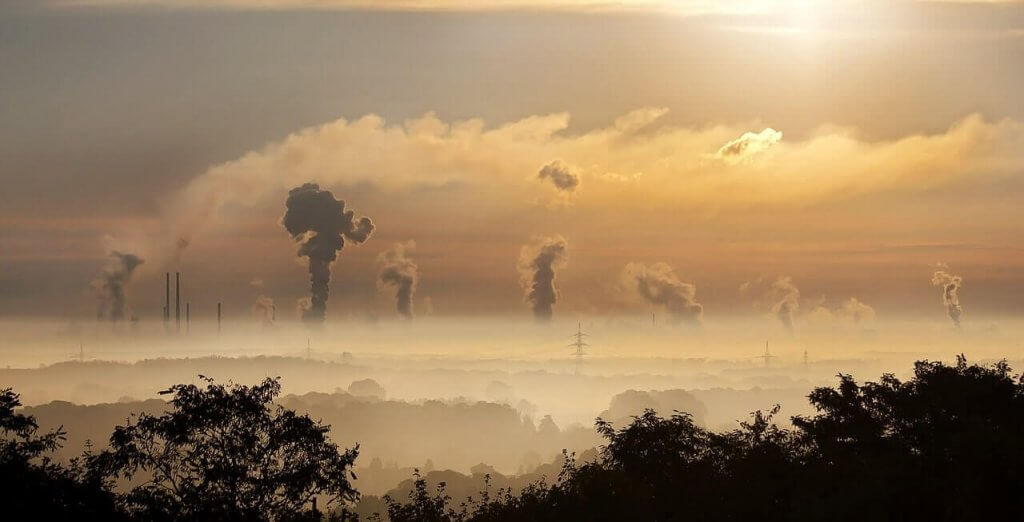
How we’ve allowed this to happen
We live in a society that has normalized many destructive habits. But this isn’t only about consumerism. This is about connection and how we’ve created standard ways of doing things that strengthen disconnection.
We overconsume to distract ourselves from the sadness and loneliness we feel inside. We seek connection, yet are so disconnected from each other and ourselves that excessive social media usage, constant Netflix binges and jumping from one task to the next have become the new norm.
Auto-pilot mode: on. Connection to the world that surrounds us: off
And unfortunately, this is where following the herd will bring us. Switching off from each other and a complete disregard for the wellbeing of our home (Earth).
Not only are we disconnected from ourselves and from each other, but we’ve completely lost touch with rest of the natural world that we are a part of.
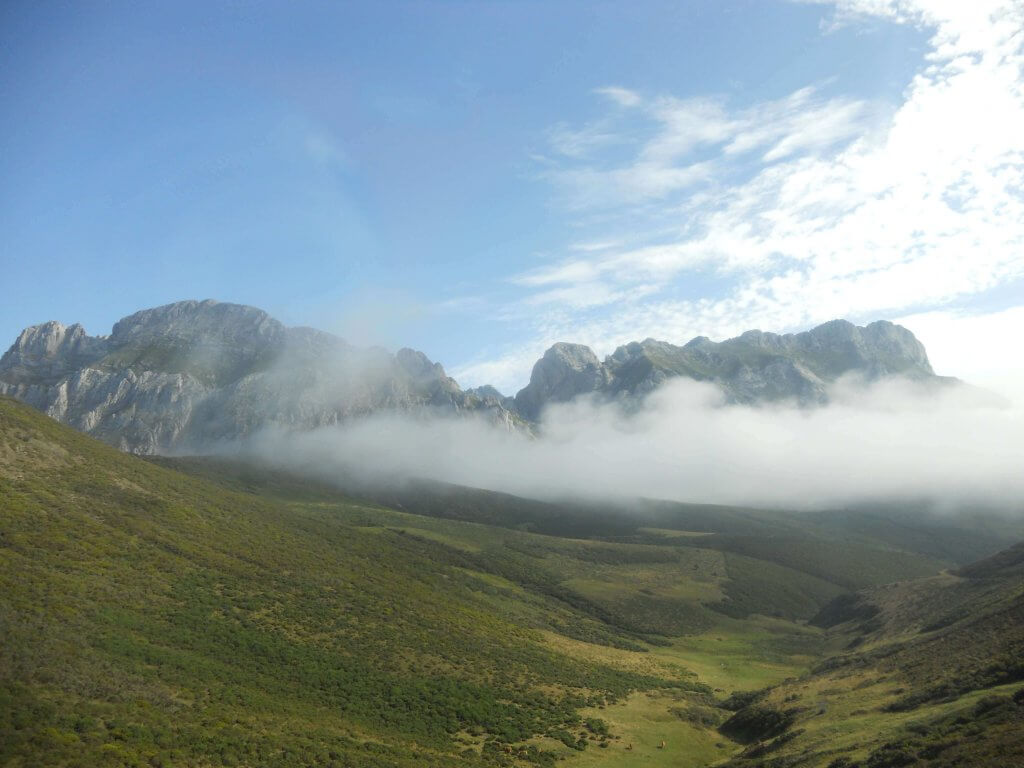
We are all in this together
We’ve disassociated ourselves from the natural world as though we’re above or better than the rest of them. We’ve designed our lives and our societies so that we seem more like robots than our old primate pals.
In our search for the most efficient and organized societies, economies, countries, and world, we’ve lost touch with the basics.
We are part of the natural world. Just like the clown fish, the soaring trees, the massive elephants and the minuscule ants. We all cohabitate.
This planet is all of ours to share.
No one gets too much or no one gets too little, or else the balance gets thrown off.
But we humans, especially those of us from Western nations, have built our societies and ways of thinking as though we aren’t equal partners with our fellow living organisms or even other people from less developed nations. But instead, we put ourselves above them all.
We take what we want and don’t give any fucks. Because that’s what the status quo has created as our norm.
Don’t you remember your Natural Science classes in primary school? The 8-year-old you knew better about how important living in harmony with the world is. If you feel like you need a refresher, here it is:
Hopefully, we can get all our adult selves back on track. Recognizing the connectedness of our world is the way of building happier and healthier people and homes (planet included). If you’d like to be a part of the save the world team, learning to connect internally is a good place to start.
Why choosing your own path changes that
I started better understanding why this conversation with my mom had bugged me.
I can accept that some people aren’t willing to do the work of connecting inside, because it’s too hard, scary, or not within their life goals. And the same goes with doing the inside work to build real, solid relationships with others.
But what I can’t accept is that people’s fear of changing the status quo affects the home we all have to share. You, me, the antelopes, the jellyfish, and the sunflower fields.
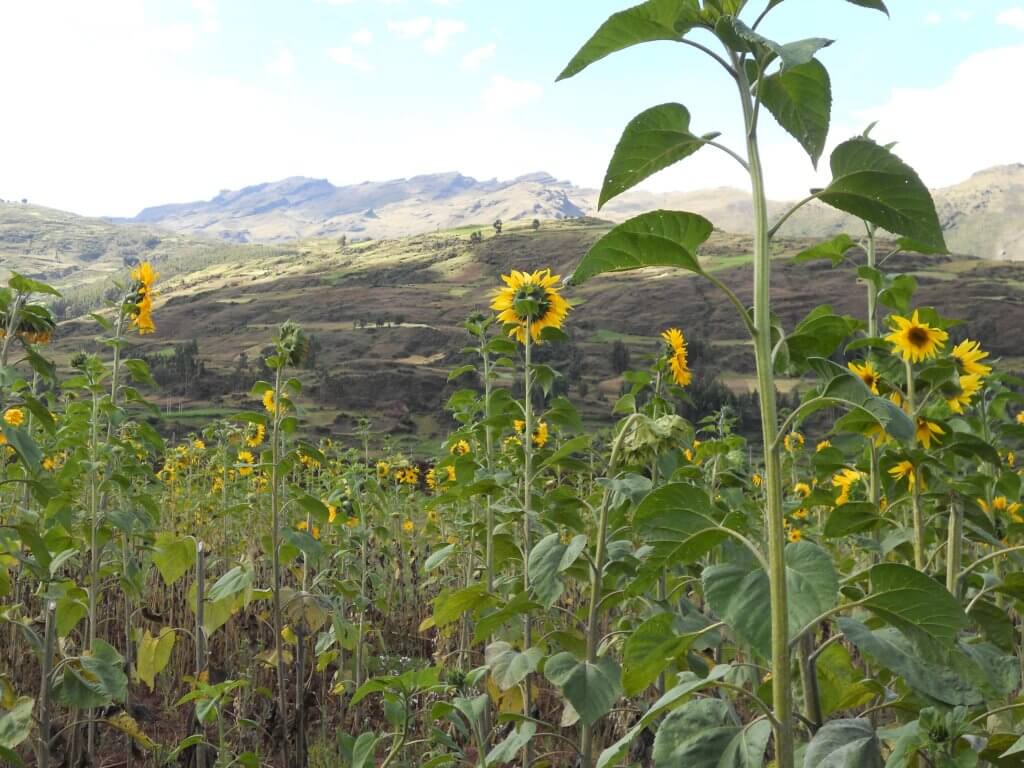
The fact that you are on auto-pilot no longer only affects you. It affects me, it affects that guy on the bus, it affects every animal that lives in the drastically diminishing rainforests and every single plant that we are yanking out of the soil to produce useless things to consume and throw away.
So now, your auto-pilot mode has become personal.
So no, I don’t think its ok for people to just want to live their lives based on the status quo, because the status quo is destructive. It ruins our souls, but ever worst, it ruins the home we all have to share.
This isn’t an article about spreading fear and panic about global warming, inequalities or injustices. This isn’t about finding sources of blame, reasons for destruction or the number of days left we have before there’s no turning back from the mess we’ve made with this planet of ours.
As always, this is about you and the beauty of creating a life you absolutely love. Taking responsibility for each decision you make, and being accountable for the impact of those decisions will change the world. Saving the world from ourselves can only having if we each recognize the impact of our actions.
I promise, if you truly connect within and choose each step consciously (detouring away from the standard way of doing things), step-by-step your journey will be less destructive to the planet and all the living beings you share this beautiful home with.
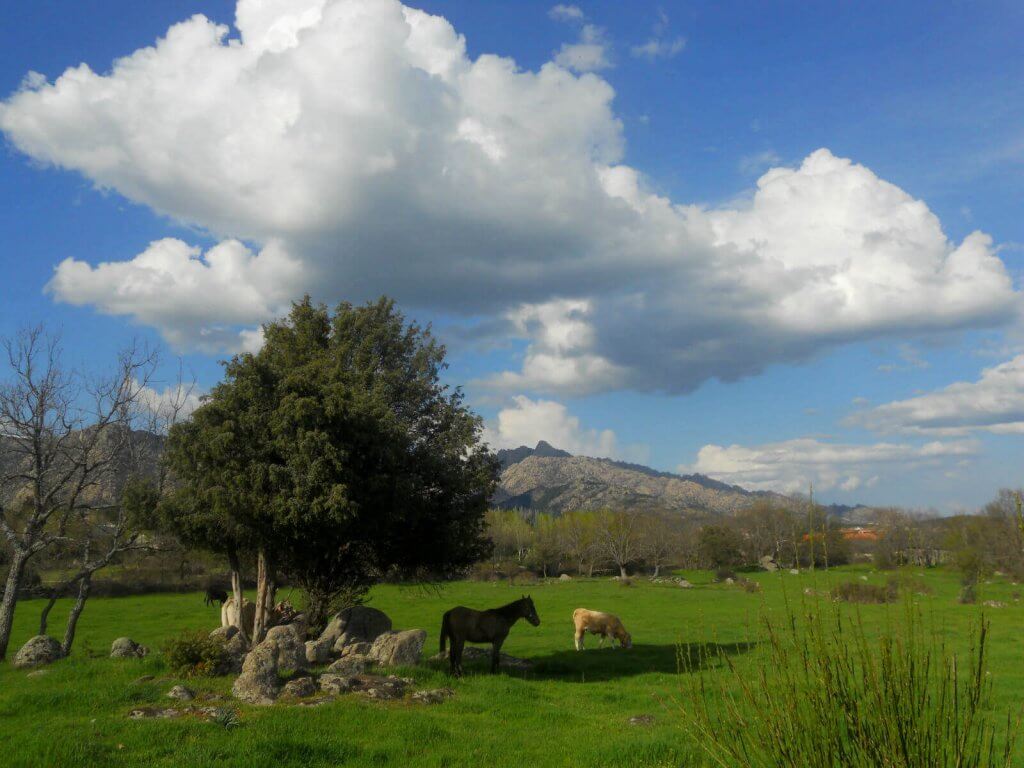
By connecting with yourself, you naturally find a stronger bond with others. You realize that like you, everybody else in the world just wants to be happy. And so, your consciously taken steps carry with them love, compassion, and consideration for all your housemates (the living beings of the planet).
And if you’re needing one last push to help you realize how beautifully interconnected we all are, here you go!
If you’d like more information about the reality of the impacts of the fashion industry, I highly recommend that you watch the documentary: The True Cost. And if you don’t have time for a full documentary, you can watch this YouTube clip, that explains fast fashion in under 5 minutes.
Interested in reading more, but don’t have time right now? Pin it here.
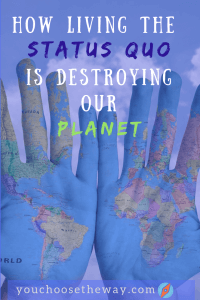
1 http://www.wiego.org/informal-economy/occupational-groups/garment-workers 2 https://www.farmersjournal.ie/farmer-fights-forced-sale-of-land-417861 3 https://www.theguardian.com/world/2015/jul/06/second-hand-clothing-donations-kenya 4 https://www.nationalgeographic.org/encyclopedia/great-pacific-garbage-patch/

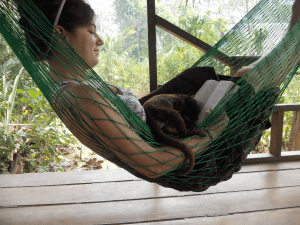
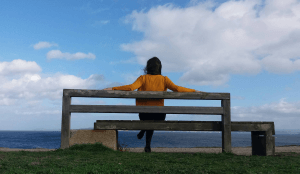
Love love love it!! Totally agree with everything. We need to remember our responsibility to the earth and not do harmful things just because we feel like it. As conscious humans we have to do better! Thanks for sharing.
I’m glad you liked and I love hearing about other people who feel this way. The more of us on team Protect the Earth, the better for all of us.
Some times its a pain in the ass to read what website owners wrote but this internet site is rattling user friendly! .
Really like this article. As soon as we realize we share the planet we will become better people. All we do is a chose.
Pingback: My Fantasies of Travel Post-COVID. I Will Travel. It Will Be Different. -